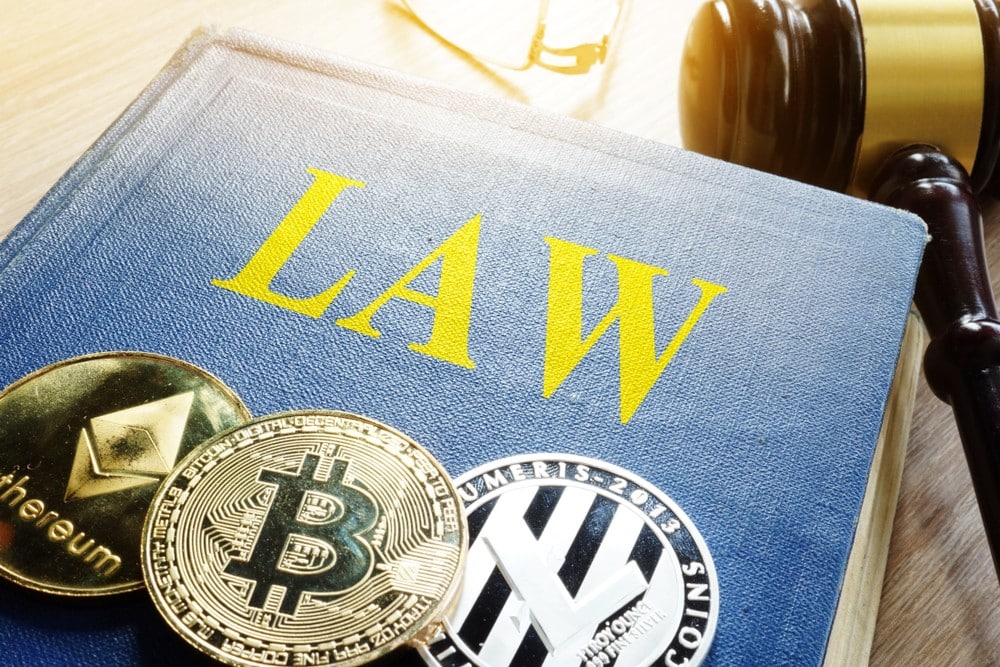
Nigerian SEC May Join VASPs for Crypto Legal Clarity
Kue Barinor Paul is a legal representative for Nigerian Web 3.0 firms. The solicitor recently noted that Nigerian cryptocurrency exchanges may have to operate as VASPs in order to complete the licensing requirements of the SEC.
Another analyst hailing from the region namely Rumi Ophi noted that the Securities and Exchange Commission of Nigeria recently noted that the firm should amend its Virtual Asset Services Provider (VASPs) registration requirements as a way to bring more clarity for the local cryptocurrency trading platforms.
The analyst pointed out that existing SEC guidelines for VASP certification are not favorable for local cryptocurrency exchanges.
Ophi was speaking with Cointelegraph when he claimed that local cryptocurrency trading platforms should be a priority when creating the guidelines. At the same time, he suggested that these firms have to obtain a VASP certification from SEC by the way of completing the application processing requirements such as submitting registration fees and other applied costs.
Furthermore, Ophi also claims that various native crypto exchanges may not be able to fulfill the minimum capital requirements of 500 million naira or $556,620. He noted that such an overhead is going to be more favorable for foreign exchanges gaining traction in Nigeria rather than maintaining healthy and organic competition with local firms.
Nigerian Crypto Exchanges and VASPs May Join Efforts for Regulatory Clarity
KBP, the Nigerian Web 3.0 legal consultant noted that local cryptocurrency exchanges and VASPs may have to work in tandem in order to complete regulatory requirements set by the SEC. He also noted that the Nigerian SEC could prepare a legal framework to bring license registration as a current requirement that is friendly to foreign trading platforms.
In 2022, the Nigerian SEC published a 54-page paper that dealt with the issue of digital asset custody, trading forums, and issuance. In this manner, the document aims to provide regulatory clarity for cryptocurrency services providers operating in Nigeria and share guidelines about banking and financial firms working associated with digital assets.
Ophi also noted that the National Assembly of Nigeria may also join the effort to make sure that the licensing terms set by the SEC fall in line with the existing economic position of the nation. C
onsensys and YouGov recently published an international survey about the percentage of cryptocurrency awareness nationwide. The survey results indicated that Nigeria ranked one of the top countries in terms of cryptocurrency education and awareness.
Chainalysis also published a geographic report about Nigeria citing that the nation was ranked 2nd highest in terms of crypto usage out of 154 regions.
Crypto Awareness in Nigeria
Analysts have concluded from the survey that healthy rates of awareness and education regarding cryptocurrencies in Nigeria can be seen as a buffer for possible foreign investments. Analyst Ophi says that despite the brewing demand in the region, the existing low investment ratio can be associated with the removal of the ban on local financial institutions associated with cryptocurrency trading platforms.
Central Bank governor of Nigeria, Godwin Emefiele recently noted that that cryptocurrencies such as Bitcoin are going to become legalized in the region. He was speaking with Business Insider on Wednesday at the 279th Monetary Policy Committee in Abuja.
He did not confirm CBN’s decision to reverse the crypto trading ban in February but alluded to the fact that the institution has been preparing a regulatory framework for the nascent industry.




